Written by GARY D. ROBERTSON
Many North Carolina legislators say it’s still the right time to seek making daylight saving time permanent in the state, advancing a House measure Tuesday to move clocks up an hour for good if Congress allows it.
A House committee voted unanimously for a measure like one that passed the chamber by a comfortable margin two years ago but idled in the Senate.
The legislation would end the twice-annual time shift — moving ahead an hour in mid-March and falling back an hour to standard time in early November — but only if Congress passes a federal law allowing states to observe daylight saving year-round. Such legislation has been filed on Capitol Hill. Currently states may opt out of observing daylight saving time. Hawaii and most of Arizona don’t currently participate.
Fifteen states, including South Carolina, Georgia and Tennessee, have passed laws or a resolution over the past four years seeking to move to year-round daylight saving time, according to data from the National Conference of State Legislatures. Dozens of bills on daylight saving time have been filed this year in at least 28 states, NCSL says.
Moving the time up an hour for good would mean more time for outdoor evening activities for adults and their children, said Rep. Jon Hardister, a Guilford County Republican and bill sponsor. The U.S. Department of Transportation said daylight saving time also saves energy and prevents traffic injuries.
“I think the real issue here is quality of life,” Hardister said. Without daylight saving time, he added, too often “the sun is down by the time you get off work. It’s kind of hard to get out there and walk the dog and for the kids to go to the playground.”
But a permanent shift would mean more children are getting ready for school and adults going to work in the dark. That was mentioned by Save Standard Time, a California-based nonprofit opposing the bill. The group wrote committee members that it would be better that North Carolina support making standard time permanent, saying it would preserve morning sunlight and improve sleep habits.
The bill must clear two more House committees to get a floor vote. Rep. Jason Saine, a Lincoln County Republican and a sponsor of the current House bill and the 2019 measure, said the introduction of an identical bill in the Senate this year bodes well that the legislation will get heard in that chamber as well.
Saine said people tend to grumble about making the switch from daylight saving to standard time and back again, in part because it upsets their body clocks.
“I’m very, very foggy for about two weeks after the change,” he said.
Related Stories
‹
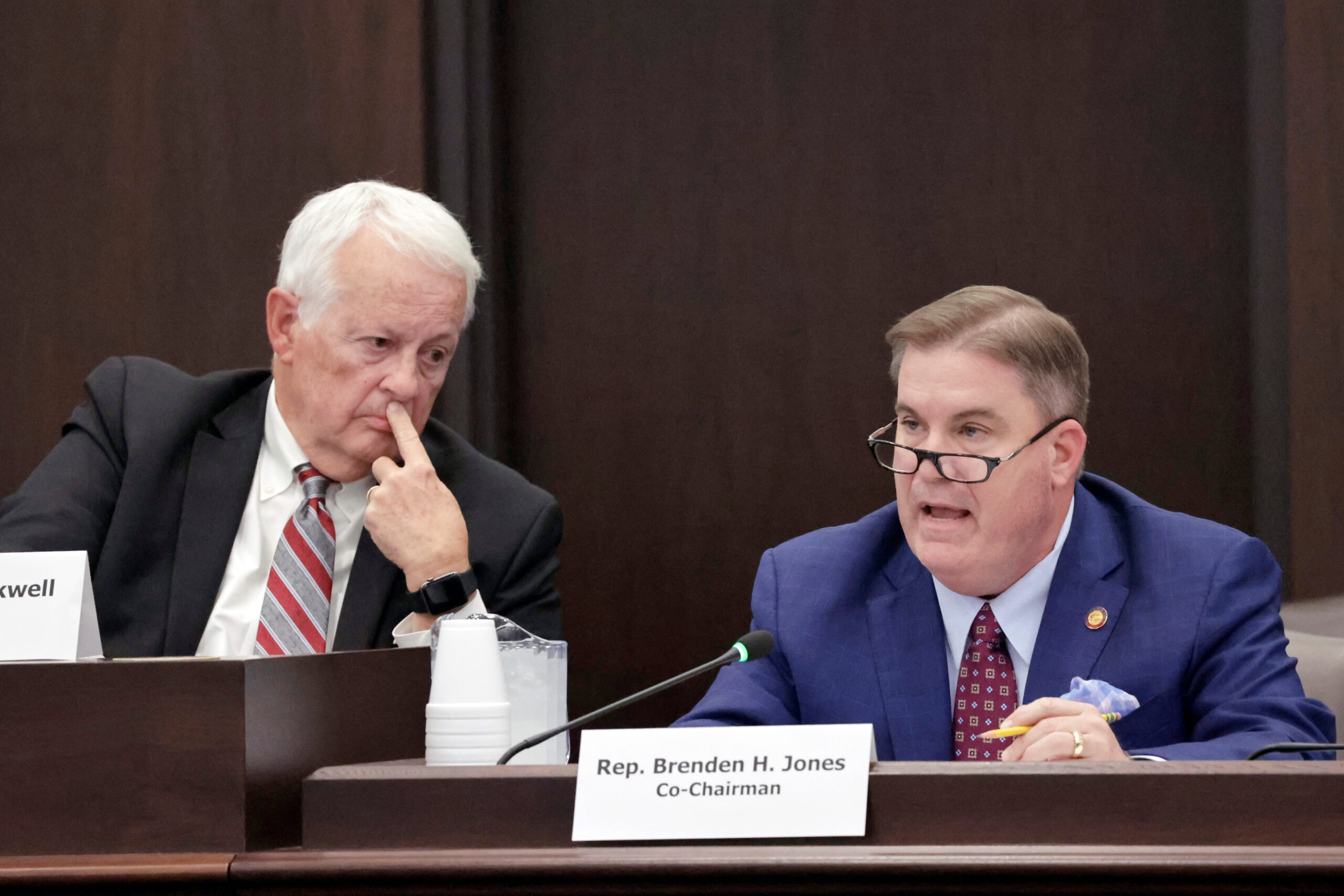
North Carolina Adopts New Trump-Backed US House Districts Aimed at Gaining a Republican SeatWritten by GARY D. ROBERTSON RALEIGH, N.C. (AP) — North Carolina Republican legislative leaders completed their remapping of the state’s U.S. House districts on Wednesday, intent on picking up one more seat to help President Donald Trump’s efforts to retain GOP control of Congress in next year’s midterm elections. The new boundaries approved by the […]
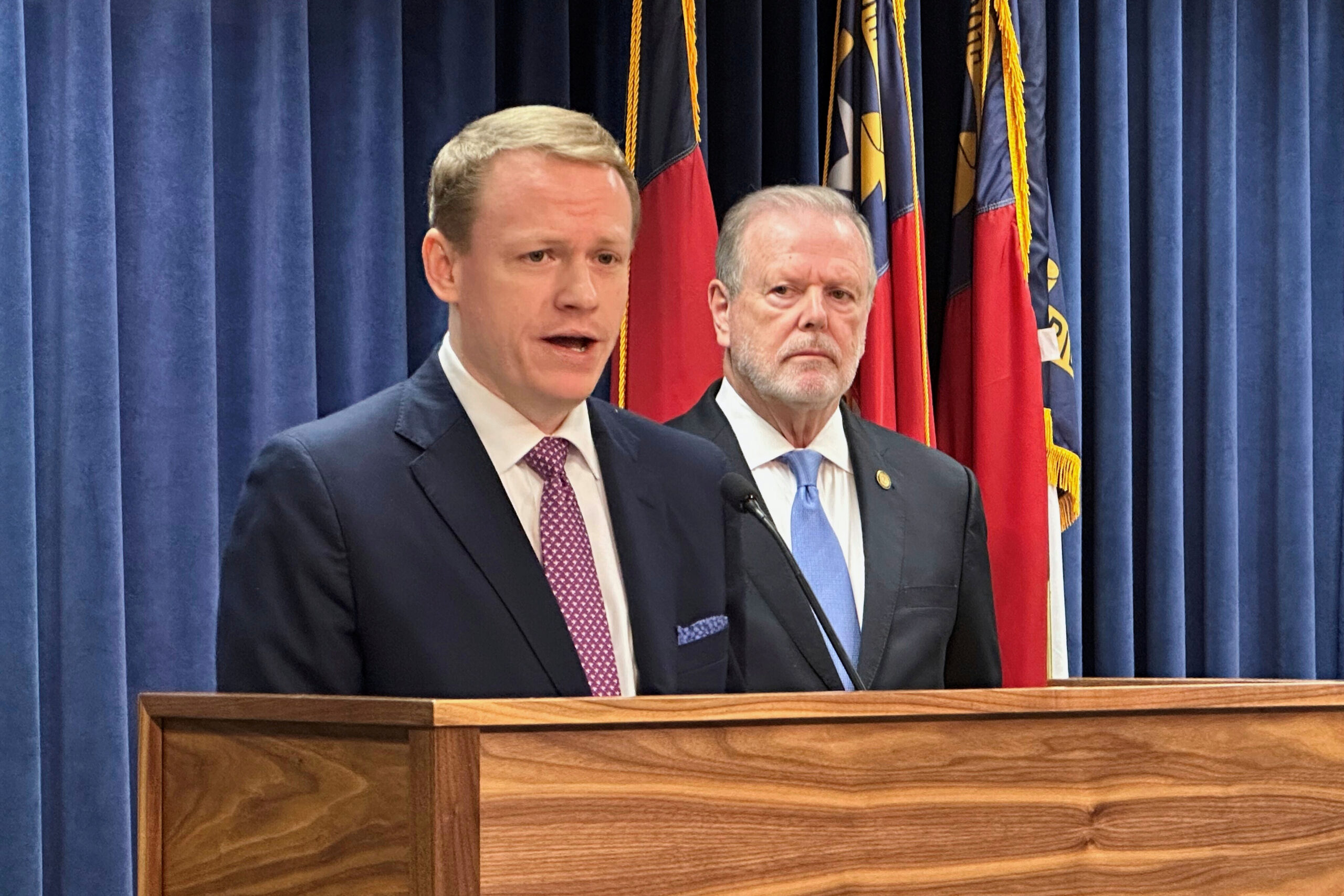
North Carolina GOP Announce Plans to Vote on New House Map Amid Nationwide Redistricting BattleNorth Carolina Republican legislative leaders announced plans to vote on redrawing the state's U.S. House district map for 2026 elections.
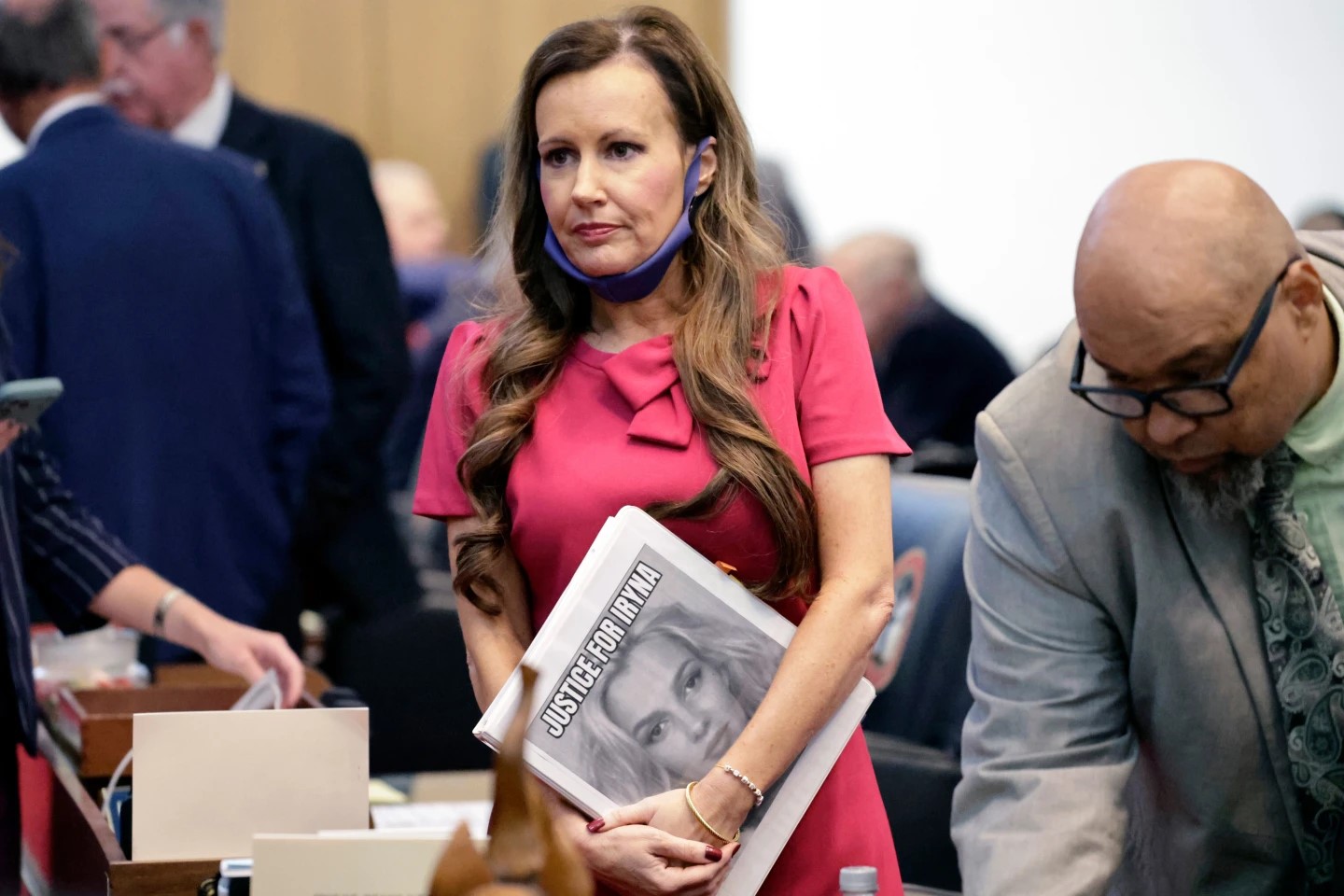
North Carolina Legislature Passes ‘Iryna’s Law’ After Refugee’s Stabbing DeathIn response to the stabbing death of a Ukrainian refugee on Charlotte’s light rail system, the North Carolina legislature gave final approval Tuesday to a criminal justice package that limits bail and seeks to ensure more defendants undergo mental health evaluations.

North Carolina Housing Bill Draws Praise, Scorn and Suggestions From Local RepresentativesSenate Bill 205 has drawn both praise and criticism for provisions meant to increase the rate of approval for housing projects, but at the expense of some local government control.
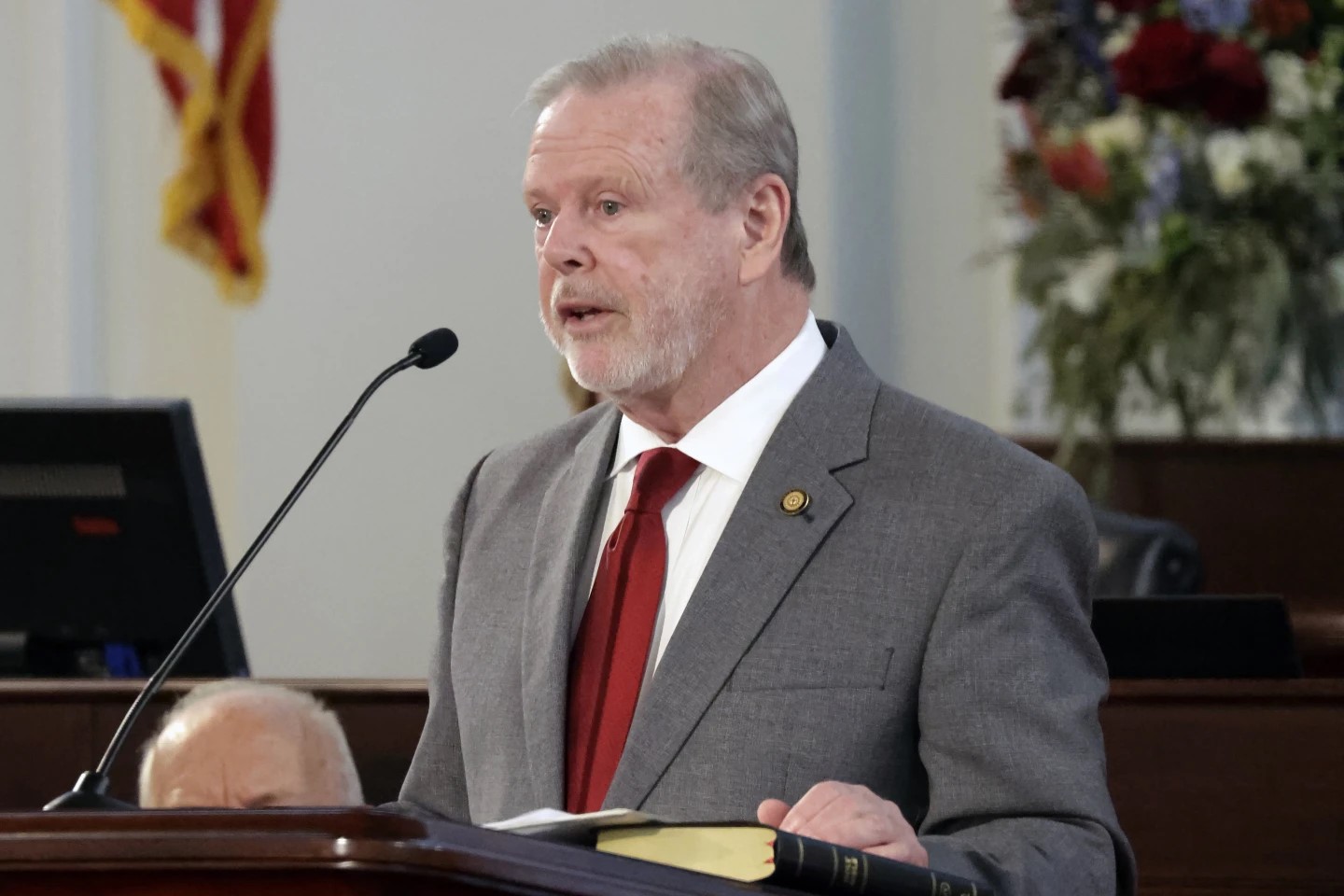
North Carolina Lawmakers Focus On Guns, Immigration and Parental Rights Ahead of a Key DeadlineThe crossover deadline has passed for bills in the North Carolina General Assembly. What are some of the themes seen in this session?

North Carolina Is Pursuing Its Own Restrictions Amid Trump’s Pushback Against DEIFollowing the lead of several conservative states and the president himself, North Carolina Republican lawmakers have advanced their own bills that target diversity, equity and inclusion initiatives.
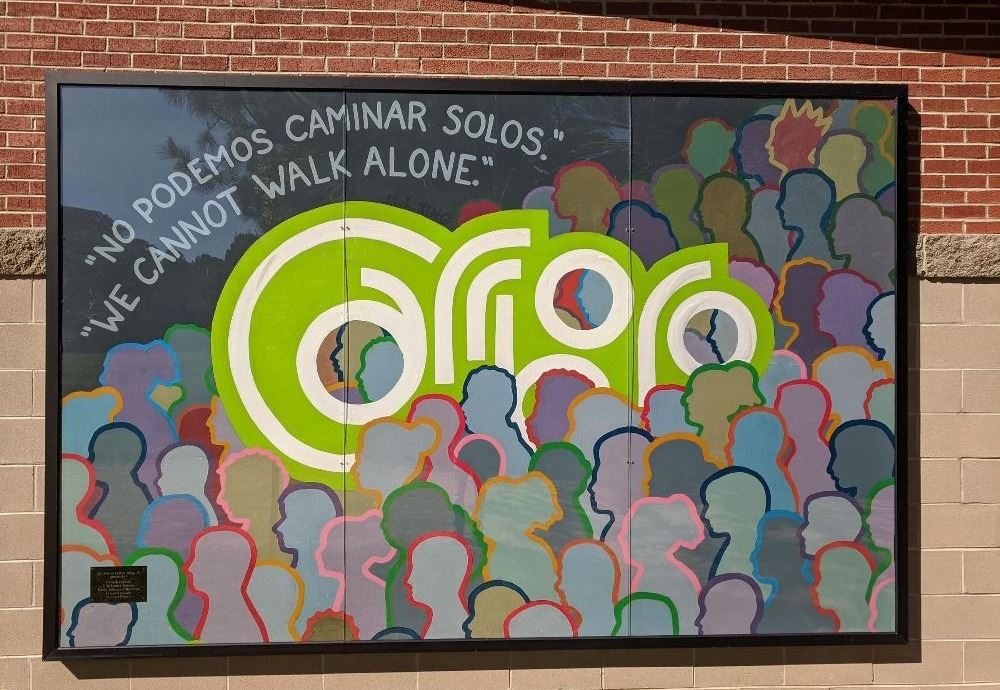
Orange County's NC Reps, Local Governments React to Anti-Diversity and Equity MeasuresAs a bill in the North Carolina House aims to ban diversity improvement efforts, local elected officials from Orange County are speaking out.

Another $500M for Hurricane Helene Relief in North Carolina Passes Key HurdleAnother $500 million to be spent toward Hurricane Helene recovery efforts earned unanimous approval in the North Carolina House on Tuesday.

Rep. Robert Reives Discusses New Leadership in North Carolina's General AssemblyAs the North Carolina General Assembly started the 2025 legislative session, leadership in both chambers and parties features some new faces.

Helene Relief, Vetoes Will Be Challenges for New North Carolina House SpeakerGathering for a one-day General Assembly meeting to seat lawmakers, the North Carolina House picked Rep. Destin Hall as its next speaker.
›











